The coaching role is one of great honor. You’ve been trusted to help someone reach their next level – they see you as a competent person who is capable of helping them get there. What a privilege! The coaching role is different than that of a mentor or a trainer. While you can be a coach, mentor and trainer, it is important to remember that the coaches role is distinctly different from that of a mentor or trainer.
No one makes it alone in this life, we get help: emotional, financial, intellectual and more. For many high achieving people that help comes in the form of a coach.
I want to share with you, not an exhaustive or definitive rubric for evaluation, but rather a starting place. A place that will allow you to consider the environment you will create in your coaching sessions.
As I see it, there are 3 broad categories of personal and professional development service providers. We lump all of these categories into one category that we call “coaching.” But upon closer evaluation, we will discover that while we intended to deliver coaching, we were actually delivering one of the other 2 services (training or mentoring).
Here is how I break down the distinctions:
Trainer: “I will show you how to do it. Here are steps 1, 2, 3. How to…”
Training is the most basic, and an essential, form of development service. Training is a commodity. I can package it and sell it (books, workshops, classes). These tools help your clients reach their next level faster.
Good training has a prescription for how the elements are presented, rolled out, introduced. Good training takes into consideration things like learning styles, delivery of content, and frameworks that increase retention of information.
Mentor: “I will show you how I did it. This is what I did. Here’s my feedback on what you’re doing.”
A mentor has been there and done that. They have walked or are walking on a similar path to the one that the client is walking. A mentor can offer insights into what has worked for them in their life or business, as they have been in the same trenches.
Here’s the thing to be aware of with mentors: what worked yesterday, may not work today. As a result, mentors will likely have limited perspective (it’s their own, what worked for them, their personality, their circumstances, their market, their timing). So while a mentor can offer extremely valuable insights, the client should be aware of the limited field of sight and explore what’s right for them, now.
As a warning to coaches – be hyper-aware during your sessions, especially when coaching clients from an industry or in a life circumstance that you’re very familiar with, that you are facilitating an opportunity for them to discover what will work for them, not what replicate worked for you. Remember that it’s their journey – and no two paths are exactly the same.
Coach: “You already have the answers you’re looking for. I will help you see the best version of yourself and create an environment wherein you to discover your next level.”
True coaching is a truth-seeking exercise. Coaching will focus on the WHO and not the HOW.
Here are some general thoughts to guide how you determine what this truth-seeking exercise will be for you and your clients:
A good coach doesn’t need to be from the same industry as the client. Since a coach is focused on the person, they don’t need to know the business. Being good at business and being good at guiding a person toward their truth – those are two different skill sets.
A coach will help a person to discover things about themselves that they are blind to. They will teach their client how to think, they will challenge them, they will help the client see themselves as they really are – not what they’ve imagined themselves to be.
Good coaching carries an undercurrent of accountability – accountability to ones self, the coach, and the relationship.
The coach’s job is to give a client the tools and space to discover the best version of themselves, help them achieve higher than their norm, over the long-term, while maintaining well-being and positive relationships.
Think of the bow and arrow. You have to pull the bow string back toward you before releasing into the world. In life, you have to look inward, you have to work on you. And then you release that bow string and let the laws of the universe take over. Coaches help a person master that pull, that aim, that posture so that when they are released into the universe, they simply fly. This is the power of coaching.





